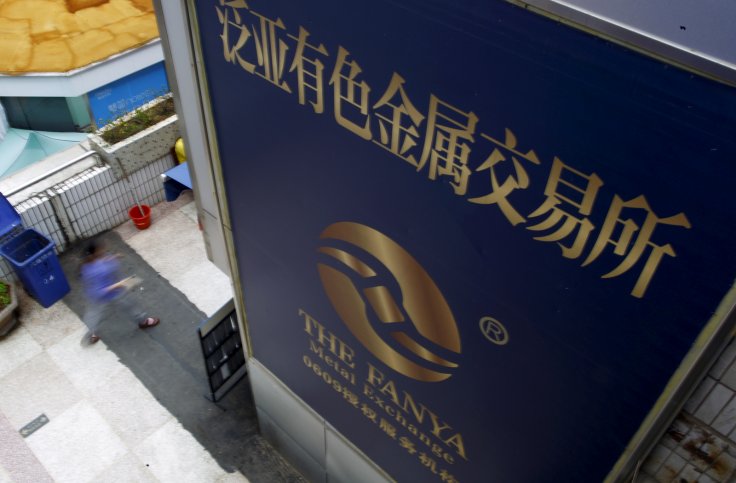
A court in China's southwestern city of Kunming has completed a two-day trial of officials connected with the scandal-hit Fanya Nonferrous Metals Exchange, which collapsed in 2015 owing investors more than 40 billion yuan ($6.03 billion).
State news agency Xinhua ended two years of official silence on Sunday, saying Fanya's chairman, Shan Jiuliang, was among 21 suspects who faced charges of embezzlement and the illegal use of bank deposits at the trial, held on the weekend.
The indictment also accused the defendants of violating national financial management laws and regulations, and of causing "major economic losses". A verdict will be delivered later, Xinhua said, without elaborating.
"I don't expect the verdict to come soon, because there should be many more lawsuits," said an investor based in Shanghai, who said he lost millions of yuan in the scheme.
The trial was held amid tight security, with some investors even ordered by police to leave Kunming before it began.
With police restricting access by both vehicles and pedestrians, conditions around the court building on Sunday resembled "a state of martial law", one investor told Reuters.
The investor, who declined to be identified because of the risk of repercussions, said that despite promises by the local government, none of the alleged victims was permitted to attend the trial.
Investors were given only three days in which to submit applications to attend, but were unable to get through the cordon around the building, the Shanghai-based investor said.
The Fanya exchange was launched in 2011, embarking on what it called a state-backed mission to stockpile 14 rare metals, including indium, to win greater Chinese control of global prices. It offered annual returns of 13.68 percent to those investing in a financial product it offered.
But it started freezing transactions and accounts in April 2015, amid "liquidity" problems, prompting protests outside the exchange in Kunming and at the offices of China's financial regulators in Beijing and Shanghai, with investors accusing Shan of running a Ponzi scheme.
Reuters was unable to reach Shan or his legal representatives on Monday to seek comment.
Shan was arrested in 2016, after giving investigators the names of 400 companies and individuals he said had borrowed from Fanya funds. Kunming police later confirmed "illegal activities" had taken place at the exchange and investigations were underway.
"The local Yunnan government supported the growth of Fanya into what was the world's biggest nonferrous metals exchange until it collapsed," said the Shanghai-based investor, who also declined to be named because of the fear of repercussion.
"What we really want to voice out loud is the role played by the local government, which should also be on trial."








